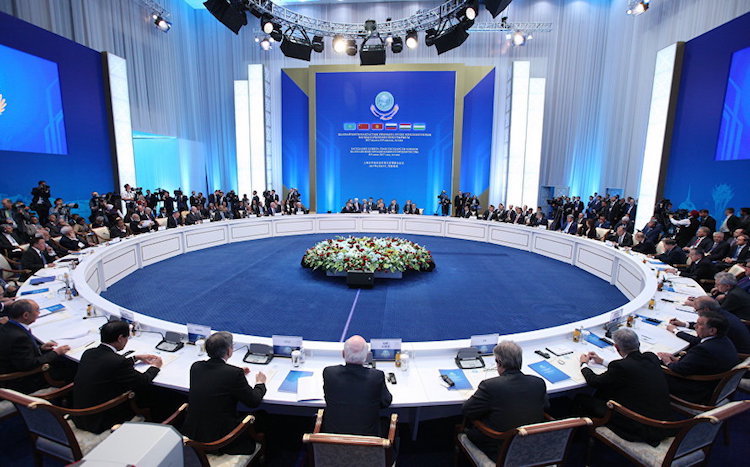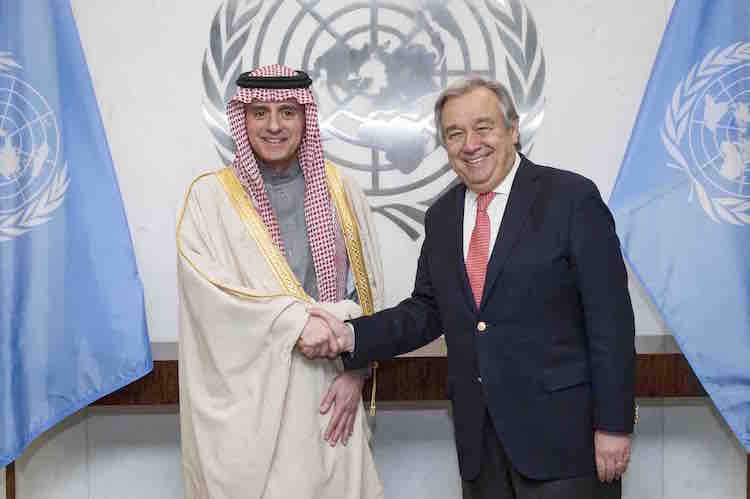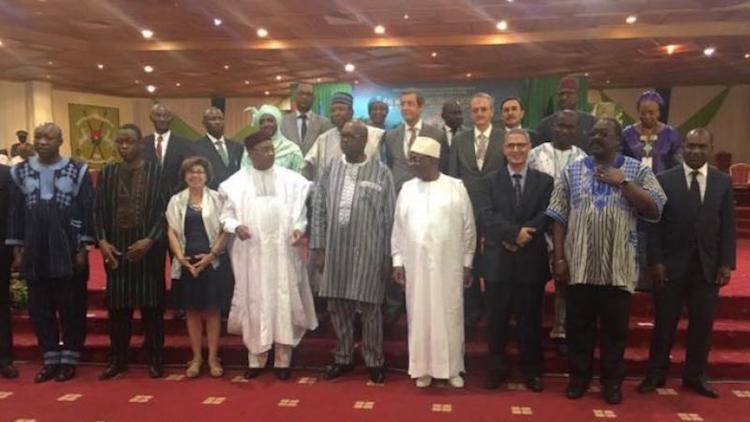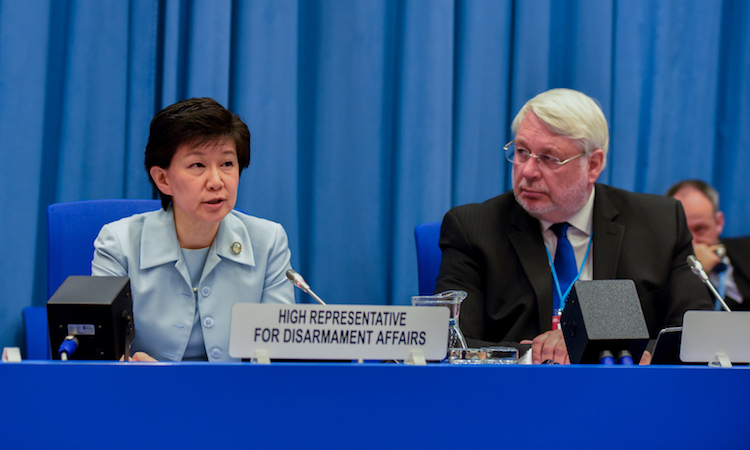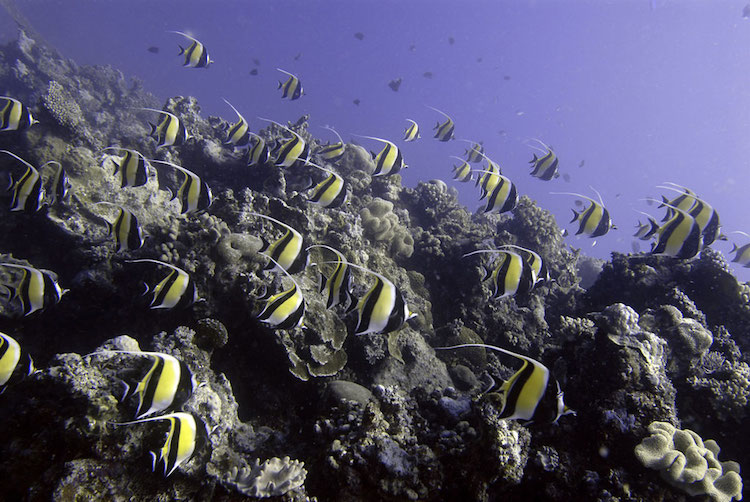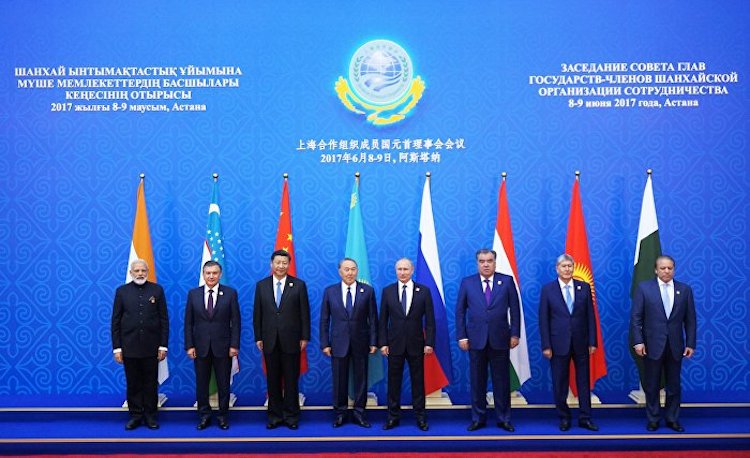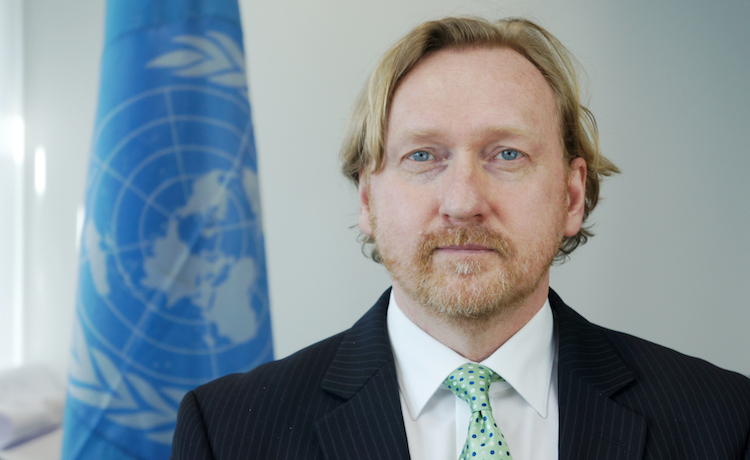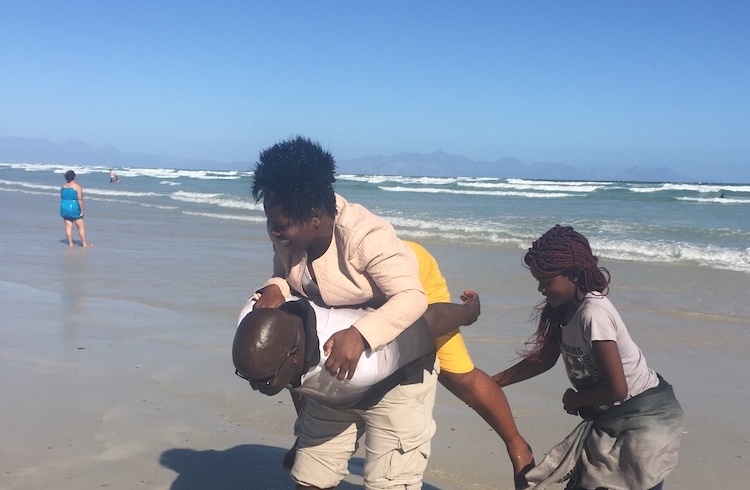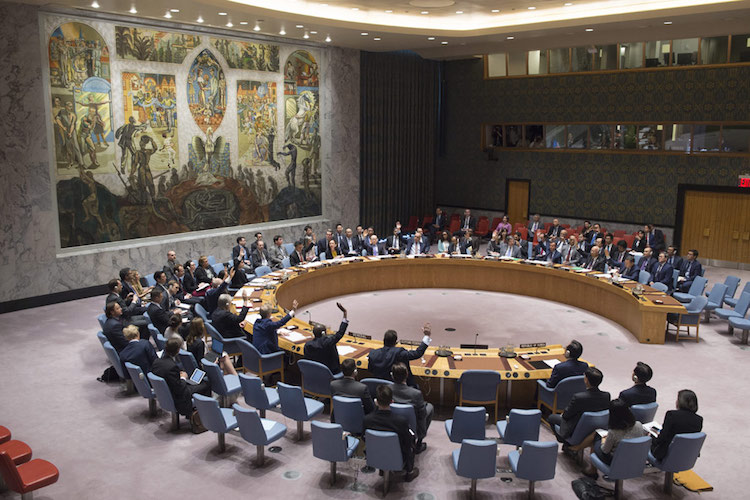By Ramesh Jaura
This is the third in a series of articles from Kazakhstan which being geographically located both in Asia and Europe, considers itself a Eurasian country. The articles are based on information gathered during a visit from June 7 to June 15 on the occasion of the opening of EXPO 2017 in Astana. Video clips accompany the articles in this series. – The Editor
ASTANA (IDN) – Kazakhstan, which is a non-permanent member of the UN Security Council for 2017-2018, played a crucial role in the summit meeting of the Shanghai Cooperation Organisation (SCO), chaired by President Nursultan Nazarbayev, on June 8-9 in Astana.
The United Nations drew much of the focus of the SCO heads of state gathered in the Kazakh capital city. But they also underlined the importance of the Organisation’s further consolidation as an effective full-fledged regional platform aimed at active participation in building a more equitable, polycentric model of the world order.

